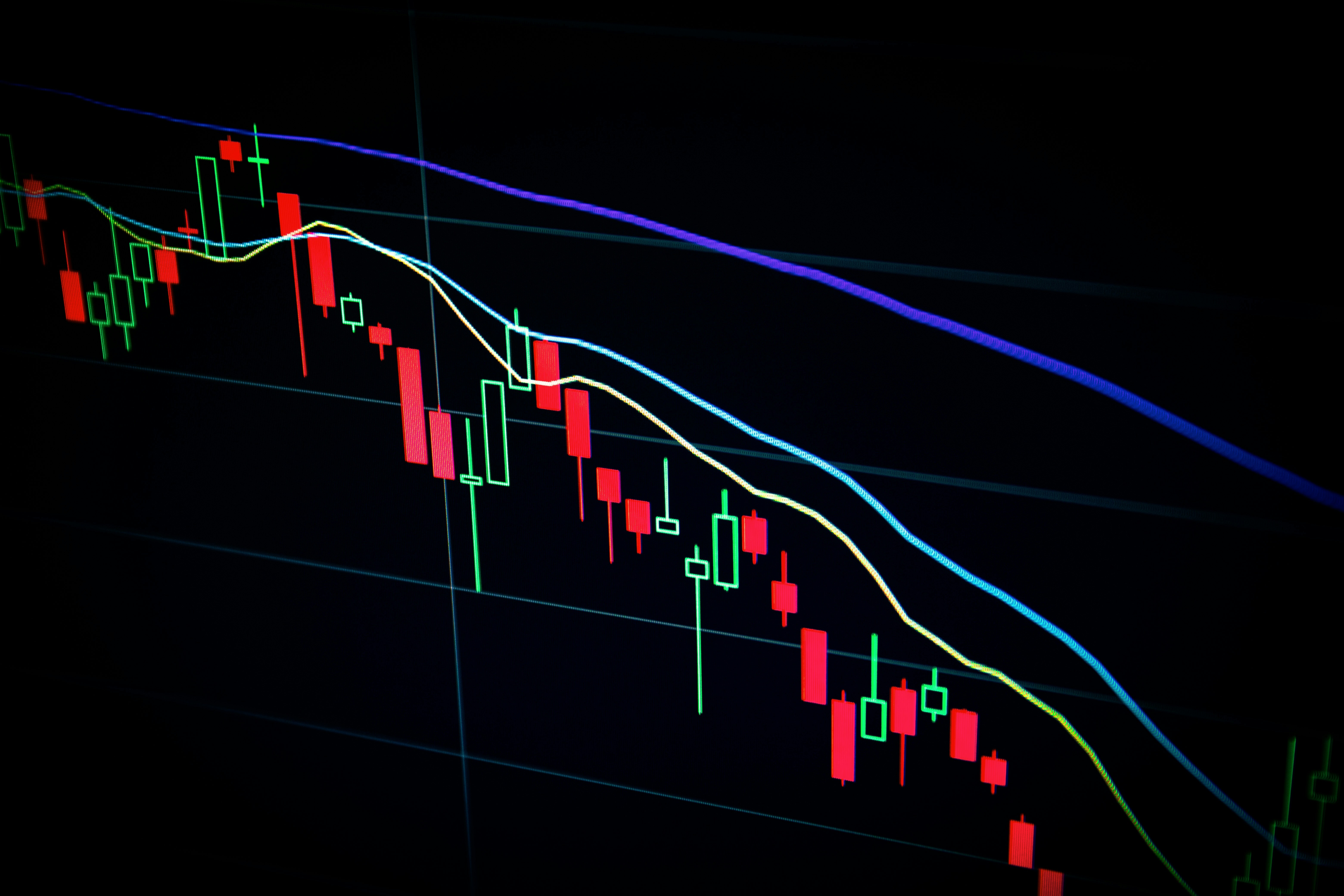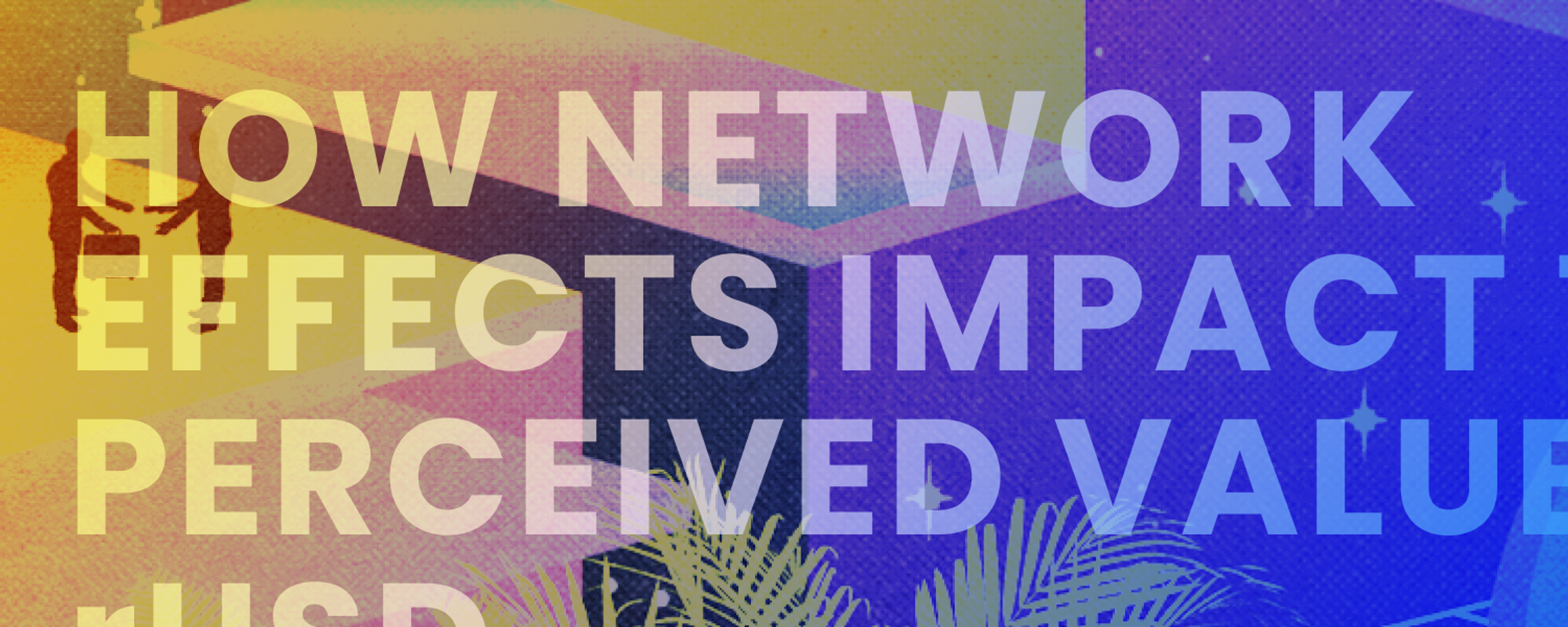by Alison Sher

The Network Effect has been defined as the “incremental benefit gained by an existing user for each new user that joins the network.”
ReSource is joining the ranks of other tech companies — like Uber, Facebook, Poshmark, AirBnb, and more — who have used this phenomenon to create highly robust collaborative economies.
Exponential growth within the network effect happens once critical mass is reached. Once enough people have joined the network, it transitions from growing through a slower process that resembles addition into rapidly expanding through multiplication. Then network growth begins to sustain itself without much convincing needed; because so many people are reliant on the technology to fulfill everyday human activity.
The value of a RSD is highly reliant upon the network effect because the subjective value of a ReSource Dollar is ultimately derived from what you can spend it on. This is a conversation that we have with hesitant potential users all the time, who feel like they don’t have enough USD flowing to them in the current system, so why should they trade their valuable time and inventory for our stupid, fake money?
Why should they spend USD making and delivering a product and sell it for RSD if they’re unable to buy anything with it where they live? These are understandable objections that are part and parcel to the early stage of our network launch. That’s why incentives are needed to create an alluring value proposition for early adopters — like our 3 months of prepaid employee perks for companies who join, as demand for their product is created inside of the circular economy and the benefits program begins to pay for itself.

A study by NFX found that the network effect was responsible for 70 percent of the value created by tech companies since 1994. Just like a telephone has no value if there isn’t anyone you can call and talk to with it, mass adoption of technology depends on the number of people you can interact with while using it. Every relationship represents a new potential opportunity. Industrialization as a whole is moving to this networked style of value exchange vs. operating purely out of lateral exchanges made inside the chaos of the marketplace. Technology connecting people to information and the people, places, and things that they need to ensure some sort of standard of living inside this increasingly interconnected globalized society has become a product in itself.
ReSource is not a distributor of products. We function more as an online index of products that all accept our decentralized digital currency as a valid form of payment. Think of it like Google shopping. You type a product you desire into the search engine and it scours the web for matching results — all conveniently located in one place.
What’s different about ReSource, however, is that we are currently a B2B two-sided marketplace. There is no distinction between buyers and sellers, because (unless you are an employee in our benefits program) in order to earn RSD, you have to be selling something on the network.
The more businesses that join ReSource, the more businesses we will grow to attract, and the more people will be exposed to your goods or services. The value of our network has less to do with UX and our branding (though we are taking that quite seriously as well), and more to do with the quality of the brand names inside of it. Supply creates demand.

I believe we’ve reached critical mass in the global belief in cryptocurrency — with it becoming an asset class, with federal programs to study its impact being funded by the federal government, and it being available for purchase on mainstream payment processing software like CashApp. Crypto is a scene. It’s a prospering in-group that has been able to create a bandwagon effect.
Reaching critical mass in belief is especially important for a concept like money, which essentially equates to “trust”. The economics behind a monetary system form a consensual reality, where we all agree that some sort of asset has implicit value. This allows us to organize trade around it, and use the value exchange to acquire basic amenities. That’s why education is one of our most important marketing outreach strategies. The economics behind ReSource are complex, but they are sound and once it is fully understood what people are actually participating in, they will comprehend that what they are making possible by joining is quite revolutionary.
The positive feedback loop that creates a network effect happens when people see how ReSource helps them become more prosperous in their daily lives — whether it’s to increase productivity and morale inside companies who sell their offering on the network in exchange for employee perks or to the solopreneur who just doubled the number of new clients who signed up for their service due to joining our marketplace.
Eventually, growth begets growth — and more hard commodities that are necessities in life vs. soft commodities that are luxuries will begin to join the marketplace. When that happens we will have a fully functioning alternative economy that is able to function with less reliance on the fate of USD.
Slow, organic growth is what we are striving for. When this critical mass point strikes — and what the contributing factors are —will be interesting to analyze.
But behind these metrics is truly a rallying cry. I think many of us know that it is ultimately time — to band together the way that we have on so many different network-based tech platforms to create a more just financial system. The success of ReSource will be based on our collective participation vs. governmental or corporate intervention. And that’s why it’s worth giving it a try. Because the future of this economy resides in our hands.
